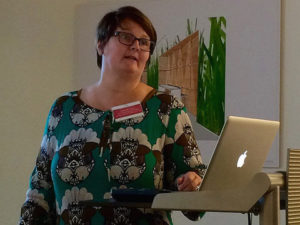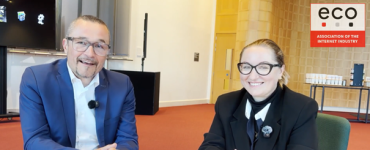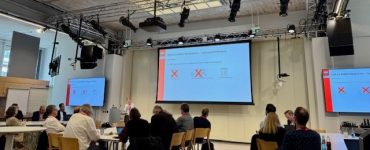- More possibilities for influence from interest groups
- Common goal: Develop and strengthen multi-stakeholder approach
- Decision expected by June 2015
Who should perform the supervision of the world-wide Internet administration in the future? This question has been negotiated by participants from governments, industry and the civil society since the US Government announced, in March last year, that they wanted to relinquish their sole control over the core functions of the Internet, as carried out by the Internet Corporation for Assigned Names and Numbers (ICANN), as long as certain framework conditions can be complied with. eco – Association of the German Internet Industry, DENIC and the German section of the Internet Society (ISOC) have, together with the German Federal Ministry of Economic Affairs and Energy, which leads the German Government’s participation in the negotiations, prepared a Joint Position Paper and have submitted it to ICANN as a set of recommendations for action.
ICANN is one of the global Internet self-administration organizations and is in particular responsible for the coordination and allocation of critical Internet resources. In last year’s announcement from the US Government, the focus is on the IANA functions (IANA – Internet Assigned Numbers Authority), which ICANN executes by virtue of a contract with the US Government. Here, essentially, the tasks relate to technical-administrative functions like the management of IP addresses and what is known as the Root Zone, and the allocation of generic Top-Level Domains like .com and .berlin.
More possibilities for influence from interest groups
“In the eyes of the Internet industry, during the transition of the supervision of the IANA functions, the security, stability and the robustness of the network architecture must remain guaranteed. For us, the central point is that the organization continues to function effectively and efficiently and will be active for all interest groups,” explains eco Director of Policy and Law Oliver Süme. In order to ensure and further strengthen the multi-stakeholder approach, the recommendations for action formulated by eco, DENIC, ISOC and the German Federal Government have among others the objective of an expansion of the influence and control possibilities for all interest groups. Thus, a review process should be introduced for individual decisions, for example in the allocation of domains, and the ICANN business processes should be subject to regular examination.
Rulings regarding the country-specific Top-Level Domains should continue to be the responsibility of the respective country and should be made in accordance with the applicable local legal requirements.
Common goal: Develop and strengthen multi-stakeholder approach
The in total seven recommendations for action from eco and the BMWi are essentially oriented towards forming joint guidelines, such as the fundamental endorsement of the multi-stakeholder model, the focusing of the ICANN mandate on the hitherto existing area of functions, and the maintenance of the openness, decentrality and interoperability of the Internet. Experience so far has demonstrated that the multi-stakeholder approach has proven itself for the global management of fundamental Internet functions. Germany has the great advantage that there are many representatives from the civil society, research and business who have brought themselves into the Internet Governance discussion.
Decision expected by June 2015
The US Government’s ICANN mandate comes to an end in September 2015. A consolidated proposal is expected by June 2015. The Joint Position Paper is available here: https://www.eco.de/wp-content/blogs.dir/eco-position-paper-iana-transition.pdf
10 April 2015: ICANN & eco Information Session on the IANA Stewardship Transition
ICANN & eco will be providing information on the current status of the IANA Stewardship Transition in the eco “Dialog on the Future” event on 10 April in the Berlin Capital Office of eco – Association of the German Internet Industry. Meet representatives from a variety of stakeholders and representatives of the organizations that are signatories to the Position Paper. Join the discussion!
Further information and free registration:




